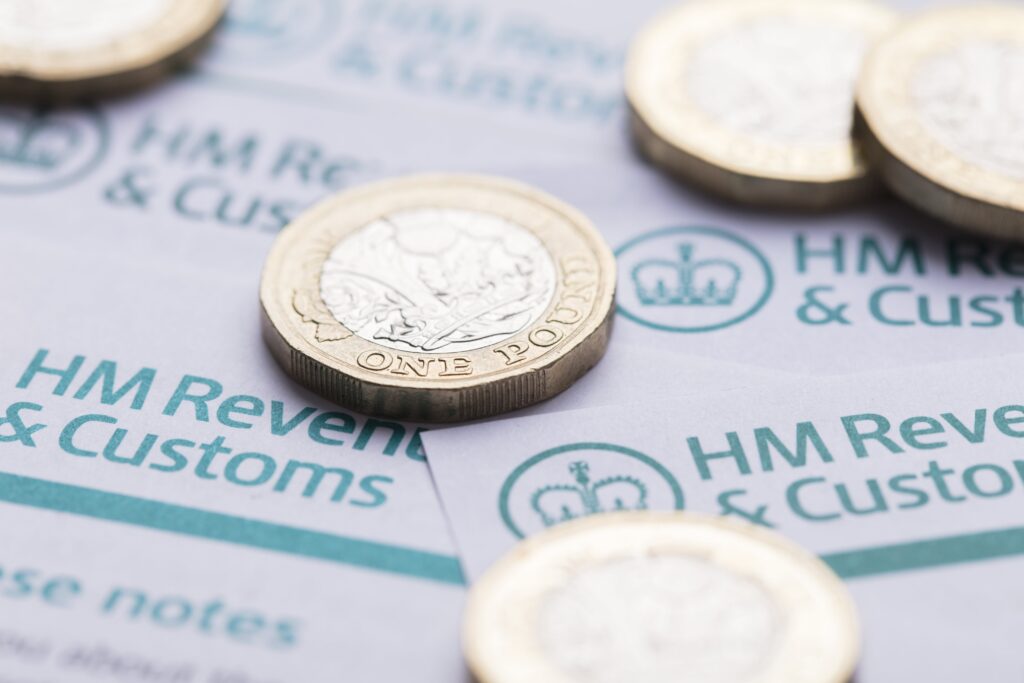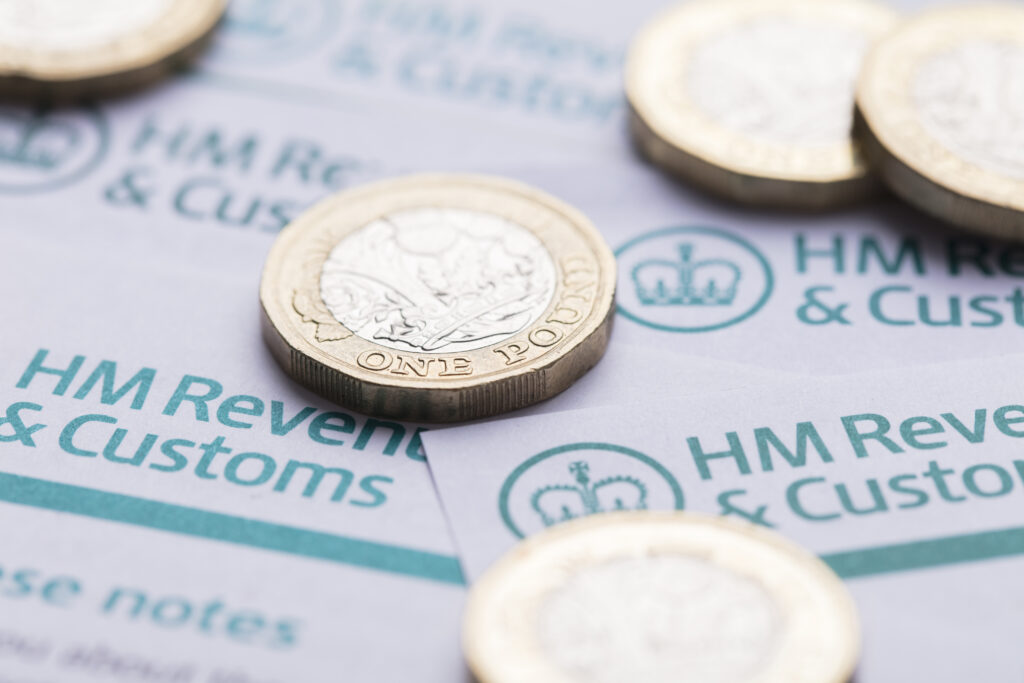
In today’s digital age, e-commerce has witnessed an explosive growth, with online retailers operating on various platforms, from marketplaces to independent websites. While this has opened up new opportunities for sellers, it has also raised concerns about tax compliance. To tackle this issue, Her Majesty’s Revenue and Customs (HMRC) has been actively seeking sellers’ information from online retailers. In this blog, we will delve into how HMRC is cracking down on tax evasion by obtaining seller information from these online platforms.
The Tax Evasion Challenge
Online marketplaces provide a convenient platform for sellers to reach a global customer base. However, this convenience has sometimes been exploited by a small fraction of sellers who fail to report their income and evade taxes. This tax evasion not only deprives the government of much-needed revenue but also creates an unfair playing field for law-abiding businesses.
Data Sharing Agreements
To combat tax evasion among online retailers, HMRC has entered into data sharing agreements with major e-commerce platforms. These agreements allow HMRC to access transaction data, including seller information, sales figures, and payment details, directly from the platforms.
This data sharing approach enables HMRC to cross-reference the information provided by sellers with their tax returns and identify discrepancies. It helps ensure that sellers are accurately reporting their income and paying the appropriate taxes.
Increased Scrutiny on Sellers
HMRC has significantly ramped up its efforts to scrutinize online sellers and their tax compliance. They use advanced data analytics to identify potential cases of underreported income or tax evasion. If discrepancies are detected, HMRC may launch investigations into individual sellers to assess their tax liability and take appropriate enforcement actions.
Seller Education and Voluntary Disclosure
HMRC is not only focused on enforcement but also on educating online sellers about their tax obligations. They have provided guidance and resources to help sellers understand their responsibilities and the consequences of non-compliance.
Additionally, HMRC encourages sellers to voluntarily disclose any past tax irregularities through programs like the Digital Disclosure Service. By coming forward and rectifying their tax affairs voluntarily, sellers may receive more favorable treatment compared to those who are identified through HMRC’s enforcement actions.
The Future of Tax Compliance
The efforts of HMRC to obtain sellers’ information from online retailers represent a significant step in ensuring tax fairness in the digital economy. They send a clear message that tax evasion will not be tolerated, and online sellers must meet their tax obligations just like any other business.
As online commerce continues to grow, it is likely that HMRC will continue to refine its methods for obtaining seller information and detecting tax evasion. Sellers are advised to maintain accurate financial records, report their income correctly, and seek professional tax advice if needed to stay compliant with tax laws.
In conclusion, HMRC’s proactive approach to obtaining sellers’ information from online retailers is a crucial part of their strategy to combat tax evasion in the digital age. By leveraging data sharing agreements and advanced technology, HMRC aims to level the playing field for all businesses and ensure that taxes owed are collected to fund essential public services.



